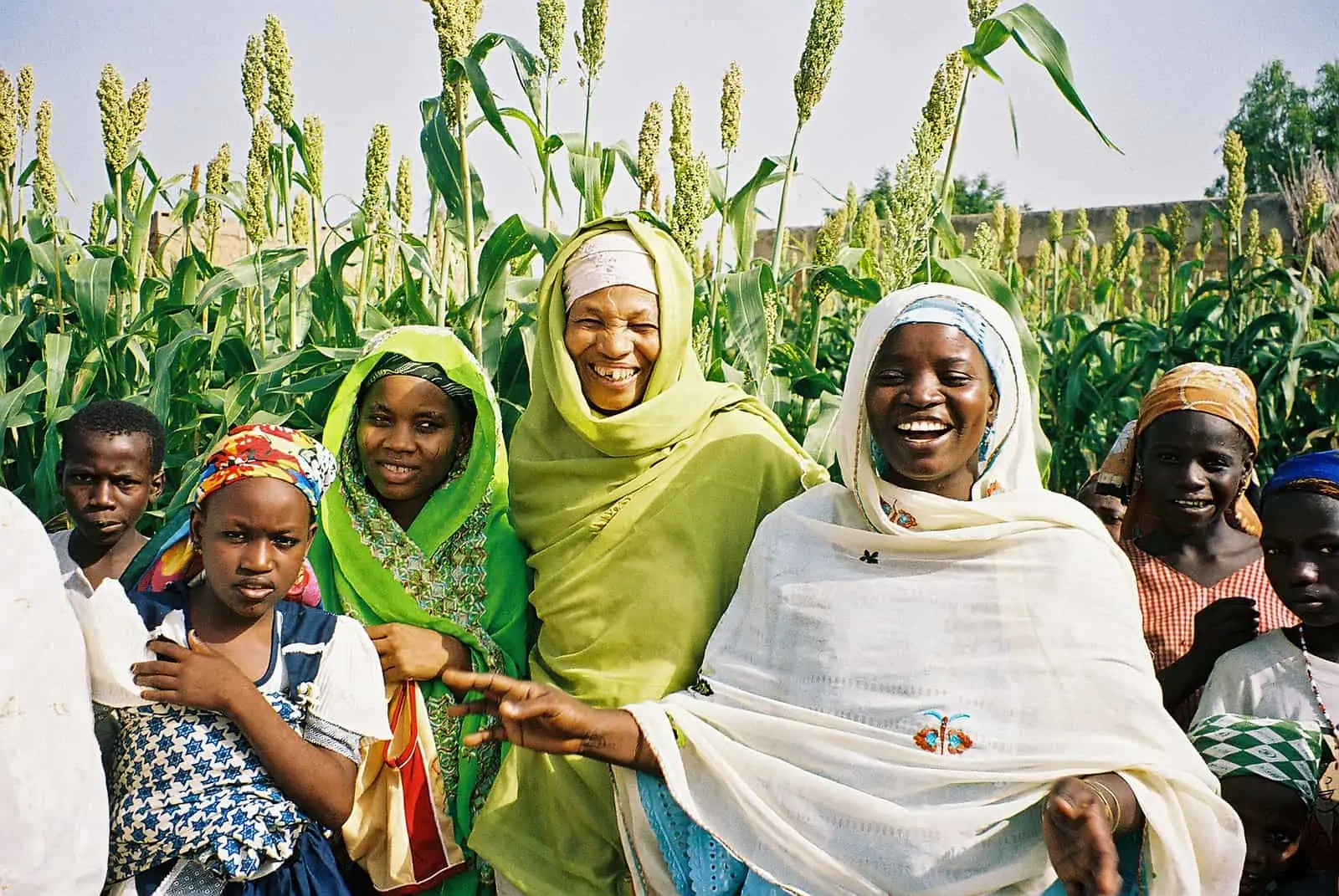Some 17 farmers in Kenya (East Africa) have benefited from blockchain insurance policies that Etherisc and ACRE Africa are promoting through Chainlink. The goal is to reach 250 agricultural producers in the country.
The protocol of DeFi Etherisc, which is focused on insurance through blockchain and Kenya's agricultural microinsurance company, ACRE Africa, have teamed up to create a blockchain-based microinsurance platform capable of offering insurance policies and coverage to thousands of Kenyan farmers.
The alliance, which emerged at the end of 2020, has already benefited some 17 thousand producers agricultural producers in the country, who now have policies and coverage to protect their crops and harvests from environmental conditions and climate change.
The microinsurance that Kenyan producers have access to is being financed by the network of oracles in blockchain, chainlinkIn November last year, Chainlink reported that its program Chainlink Community Grant This would benefit a total of 250 small-scale farmers in Kenya, who face the daily risk of losing their crops and harvests, and therefore their income, due to unforeseen environmental conditions.
In May, Etherisc shared a heat map of insured agricultural producers at the time.
The protection offered by Chainlink powered by Etherisc and ACRE Africa will guarantee the production of the beneficiaries for 3 years, Chainlink indicated in a publication on its blog last year. At the time, the network also noted that the decentralized insurance platform would offer a completely transparent, secure and reliable sustainable agricultural crop insurance solution, thanks to blockchain technology.
It may interest you: Insurance, an increasingly emerging and promising sector for the future DeFi, says ShapeShift
Agricultural producers and blockchain
The agricultural sector has been one of the most neglected by the insurance industry due to the high costs of acquiring a policy with traditional providers. In addition, this industry presents certain weaknesses that make its services completely inefficient products for most agricultural producers. However, Chainlink points out that unreliable payments and lack of transparency when processing applications and claims are solved with the incorporation of blockchain technology.
Blockchain, as this technology is known in Spanish, helps agricultural producers enjoy highly reliable agricultural insurance policies, thanks to the transparency and immutability of their data and records.
Michiel Berende, Etherisc's director of inclusion, said that after months of hard work it is satisfying to begin to see the fruits of this project. Decentralized microinsurance on blockchain has “a tangible social impact on Kenyan farmers who are threatened by the devastating effects of climate change”He said.
Reliable payments
Berende also assured that agricultural producers affected by droughts or floods will receive their insurance policy payment in a completely safe and efficient manner very soon, through an end-to-end solution based on blockchain technology.
Chainlink Grant Program
In addition to powering blockchain-based agricultural insurance, Chainlink’s Chainlink Community Grants program also funds research and development into smart contracts, payment solutions, blockchain gaming, NFT applications, decentralized protocols, governance systems, digital identity, and more.
The grants and financing provided by this program are made in cash or with the network's LINK token. Through this program, Chainlink wants to promote the use and adoption of blockchain technology, smart contracts and DeFi to create a more economically fair and balanced world, powered by universally connected contracts.
Continue reading: IBM brings small Honduran producers to global markets using blockchain




